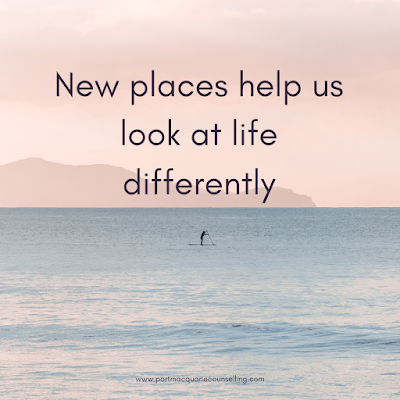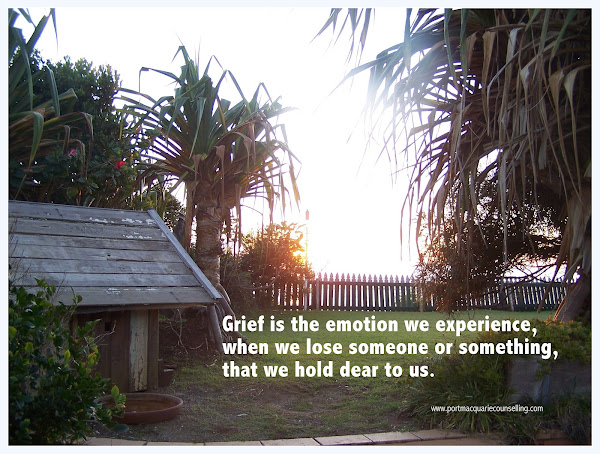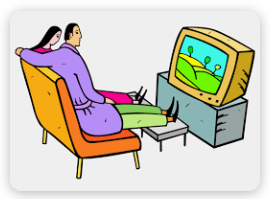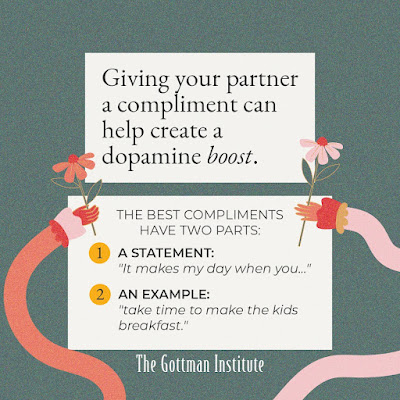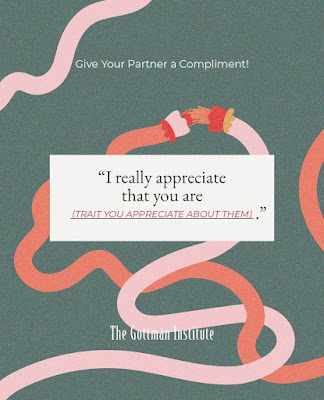There are a lot of things to consider when you move, and it can help to have a third party to listen to all your thoughts and concers.. If you'd like to have a session to explore this, simply send me a text and we'll arrange a time that suits.
Steps to help you decide whether to move house.
Deciding whether to move or not is a significant life decision and can be influenced by a variety of factors. Here are some steps to help you make an informed decision:
1. Clarify Your Reasons: Start by understanding why you are considering a move. Is it for a new job opportunity, to be closer to family, for a change of scenery, or other reasons? Knowing your motivations will help you evaluate the move more effectively.
2. Evaluate Your Current Situation: Take a close look at your current circumstances. Assess your job, living situation, social network, and overall quality of life. Are there specific aspects of your current life that you're unhappy with and believe a move might improve?
3. Research the Destination: If you have a specific location in mind, research it thoroughly. Consider factors like cost of living, job market, climate, education, healthcare, and overall quality of life. Visit the place if possible to get a feel for it.
4. Career and Financial Considerations: If your move is job-related, evaluate the potential job prospects, salary, and career growth opportunities in the new location. Will the move enhance your career or financial stability?
5. Personal and Family Considerations: Consider how the move will impact your personal life and family. Will it bring you closer to loved ones or separate you from them? Discuss the decision with family members if it affects them as well.
6. Pros and Cons List: Create a list of pros and cons for the move. Be thorough and objective in your assessment. This can help you visualize the potential benefits and drawbacks.
7. Financial Preparation: Moving can be expensive. Create a budget that includes moving costs, housing expenses, and any other financial obligations associated with the move. Ensure you have a financial safety net in place.
8. Timeline: Consider the timing of the move. Are there any time-sensitive factors that might influence your decision, such as a job offer or family needs?
9. Plan for the Unexpected: Be prepared for unforeseen challenges or setbacks. Have a contingency plan in case things don't go as expected.
10. Seek Advice: Talk to friends, family, or mentors who have experience with moving or who know you well. They can provide valuable insights and a different perspective.
11. Trust Your Instincts: Ultimately, trust your gut feeling. Sometimes, your intuition can guide you in making the right decision.
12. Visualize the Future: Try to imagine yourself living in the new location. How do you feel about it? Does it align with your long-term goals and values?
13. Make a Decision: After considering all the relevant factors, make a decision. Remember that no decision is entirely risk-free, so it's essential to weigh the pros and cons and commit to your choice.
14. Plan Carefully: If you decide to move, plan the logistics carefully. Ensure you have a well-thought-out moving plan and support in place.
15. Embrace Change: Moving can be a significant life change. Be open to new experiences and adaptability as you settle into your new location.
Remember that the decision to move is highly personal, and what's right for one person may not be right for another. Take your time, do your research, and choose the option that aligns best with your goals and values.
#Steps to help you decide whether to move house #moving house
